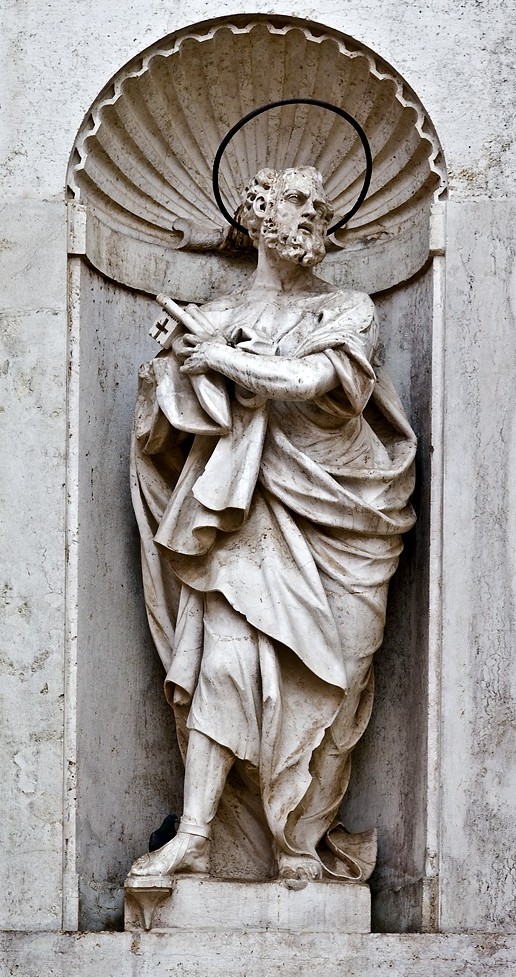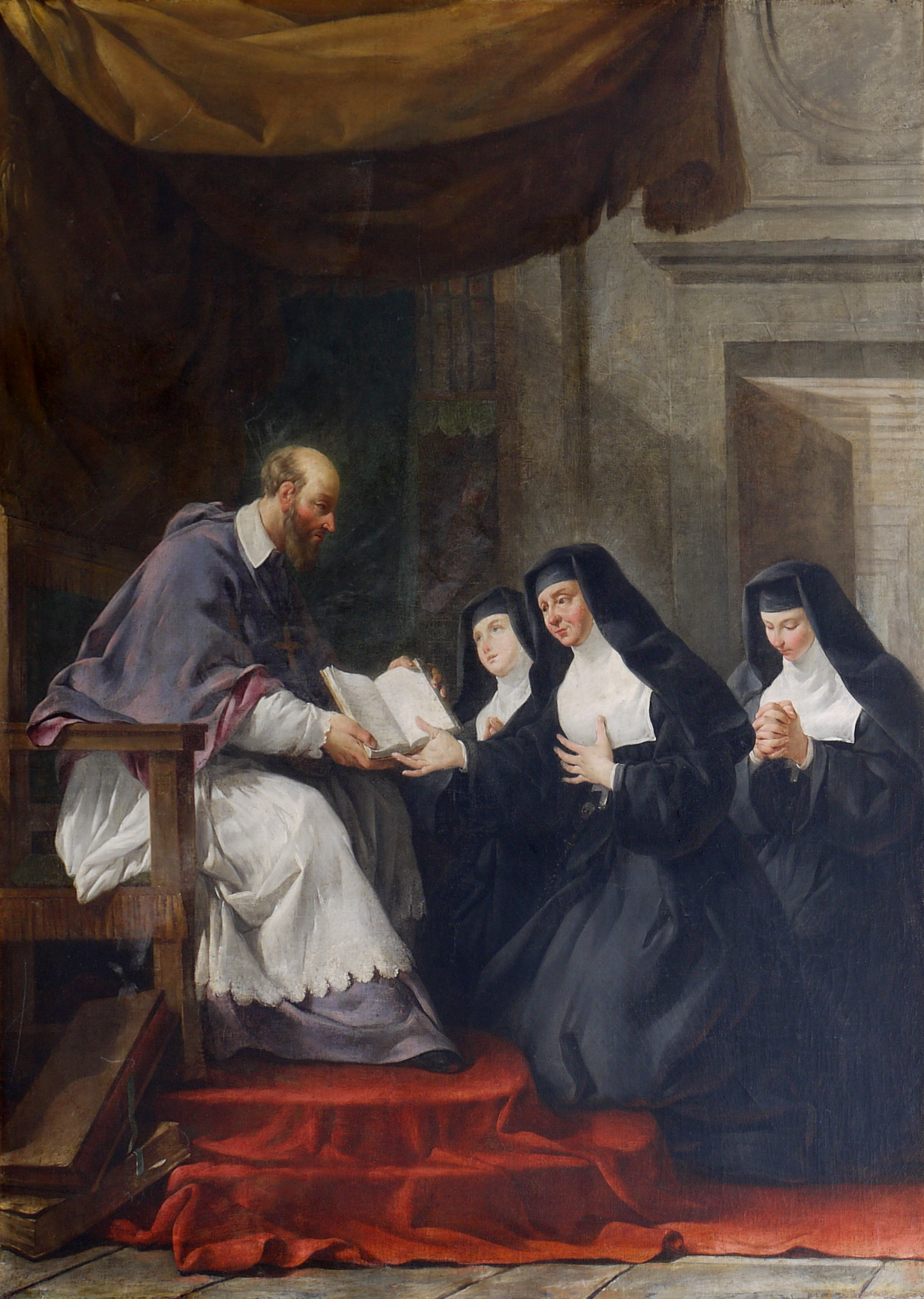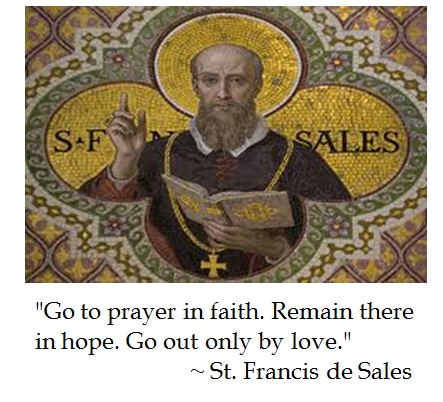St Francis de Sales on aligning with Divine Will, in respect to the freedom sweetly offered through the following of Christ, the opening of the heart of a Catholic man or woman to the necessary flexibility to unify with God’s will. Rigidity, hardheadedness, or haphazard, flighty, efforts will not suffice. The quotes moves forward from the freedom the previous St Francis de Sales quote established.
This freedom (of the Children of God) has two opposite vices: instability and constraint or, in the extreme dissoluteness and slavishness. Instability is a kind of excessive freedom which makes us want to change our practices or our state in life for no good reason or without knowing if to do so is God’s will. The least pretext is enough to make us change a practice, a plan, a rule; for the filmiest excuse we give up a rule or a good custom; it becomes like an orchard open on all sides, where the fruit is not for the owner but for all who pass.
Am I really pursuing God to satisfy my whims and boredom in life? Do I use faith to suit my fickle interests and desires? In truth, am I really doing whatever I want, doing everything to suit me?
Constraint or slavishness is a certain lack of freedom that causes the soul to be unduly anxious or angry when it cannot carry out what it had intended to do, even though it could now do something better.
My daily spiritual exercise is the attendance of mass and Eucharistic adoration at St Paul’s. It is a demand, yet flexibility exist. If I break my leg. I must tend to my broken leg, missing mass and adoration without anxiety. I may feel sorrow, yet not stress out about the matter. If my work schedules me for first shift, I am obedient to work, again missing mass with no consternation, altering plans to attend an evening mass. Doing something better is a more difficult discernment. I place a session with Dr. Nichta in that category, again altering plans so an earlier mass obliges. I would also consider involvement with the Blessed Sacrament Congregation, or such properly discerned efforts within the Church.
St Francis de Sales elaborates.
First of all, I must point out two rules which must be observed if we are not to fail in this matter. First, we should never neglect our exercises and the common norms of virtue unless to do so appears to be God’s will. Now the will of God is indicated in two ways: through necessity or charity.
Necessity is obvious. The broken leg a suitable example. Charity needs consideration.
…when we use our freedom for charity’s sake it must be without scandal or injustice. Example: I am certain I could be more useful somewhere far from my diocese. I must not use my freedom to follow through with this, for I would give scandal and act unjustly since my obligation is here. Therefore, it’s a false use of freedom for married women to absent themselves from their husbands without a legitimate reason, under pretext of devotion or charity. Our freedom must never take us away from our vocation. On the contrary, it should make us content each with our own calling, knowing that it is God’s will that we remain in it.
This example I cherish as sublime. Meditate upon it.
…now I want to show you a “sun” that shines more brilliantly than any of these: a really open, detached spirit who holds on to the will of God alone. I’ve often wondered who was the most mortified of all the saints…after much reflection, I decided it was St John the Baptist. He went into the desert at the age of five, and was aware that our Savior was born in a place very close by, maybe two or three days’ journey away. God only knows how much his heart, which had been moved to love his Savior from the time he was still in his mother’s womb, would have wanted to enjoy the Lord’s sweet presence! Yet, he spent twenty-five years in the desert, without once coming to see Him; then leaving the desert, he went about catechizing without going to visit the Lord, but waited for the Lord to come to him. Afterward, having baptized Him, he didn’t follow him but stayed behind to do his appointed work. What mortification! To be so close to his Savior and not to see Him! To have Him so near and not to enjoy His presence! (Not to be recognized as an apostle!) Isn’t this having one’s spirit completely detached, bound to nothing, not even to God, in order to do His will and serve Him; to leave God for God, and to not love God so as to love Him better? –St Francis de Sales

St Francis de Sales








Recent Comments